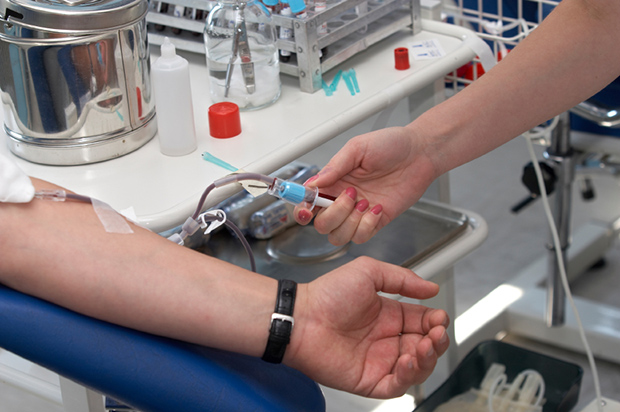Can software solve our healthcare crisis?


In line with my recent thinking about the importance of the health services market and the obvious criticality of a good health services system, here is some interesting thinking on the subject from Brad Bostic, CEO of HC1, an up-and-coming company in the health services industry.
They are proponents of HRM — Healthcare Relationship Management — and, while I can't say I've done enough homework to know that they are right, I think they might be onto something really interesting and valuable here. I know this: Brad is a smart, smart dude whose head is screwed on straight and HC1 is a company to watch in this industry. So take heed.
Take it away Brad...
There is no issue more front and center in today’s news than the U.S. healthcare system. The consequences of this crisis hit home on a personal level, whether it be unnecessary or repeat testing when we visit the doctor’s office, a prolonged waiting period to receive results, or expensive healthcare bills that require a special decoder in order to comprehend.
Diagnostic healthcare entities require more than what is offered by traditional CRM.
The system is broken and has been for quite some time. Legislation won’t fix it. CRM can’t even fix it, but Healthcare Relationship Management (HRM) can…
Let me explain:
Solving our current healthcare crisis requires something that other industries have done successfully for decades: efficiently managing complex relationships. But diagnostic healthcare entities require more than what is offered by traditional CRM.
The easiest way to illustrate this point is by thinking of your own experiences in a healthcare setting. What is the first thing your primary care physician typically does when you pay them a visit? They almost always take a blood draw. This draw initiates the process of laboratory testing, which often occurs within a lab business that is external to your physician's office. Based on the results of that blood draw, additional tests may need to be ordered by a specialist, such as a cardiologist, endocrinologist, etc.
This simple example demonstrates the fact that healthcare is composed of many entities and individuals conducting various clinical diagnostic activities. Patients are treated across the continuum of care with little interaction among their primary physician, pathologist, radiologist, or pharmacist.
The problem with traditional CRM
In order for healthcare to take a giant leap forward, these entities and individuals must become coordinated in their approach to providing high quality care, in a timely manner, and at a reasonable cost. Ultimately, the focus should be on making the patient experience amazing, not just tolerable.
The problem with using traditional CRM to tackle these challenges lies within the diagnostic activities. Unlike other industries, where generic CRMs track standard business activities such as phone calls, emails, and meetings with clients, healthcare relationships across the continuum of care are more complex. Remember that initial blood test ordered by your primary care physician? Which then turned into five more tests ordered by a specialist…?
Over multiple entities, providers and patients, those tests translate into massive quantities of diagnostic activities (lab tests, radiology studies, etc.). This complexity necessitates a more sophisticated underlying data model than what is offered by generic CRMs. The answer is Healthcare Relationship Management, or HRM.
HRM holds the ability to ingest and automatically convert these clinical diagnostic activities into rich, intelligent profiles for all providers and patients across the continuum of care. Armed with this 360-degree view of all clinical and business activities, the professionals who run the various entities (e.g. lab, doctor's office, radiology group, institutional pharmacy, health system) are able to work together in delivering the best patient experience possible.
The bottom line is that there is nothing more important than healthcare to the future success of our nation.
By transforming an abundance of raw healthcare data spread across silos into real-time client intelligence, HRM eliminates the communication and information management disconnects between healthcare organizations. All healthcare professionals and executives are informed of the critical information they need in real-time and on a personalized level, resulting in something that we can all benefit from: a higher quality of care at a reduced cost.
With HRM, healthcare entities can deliver an amazing experience to all patients and the providers who serve them.